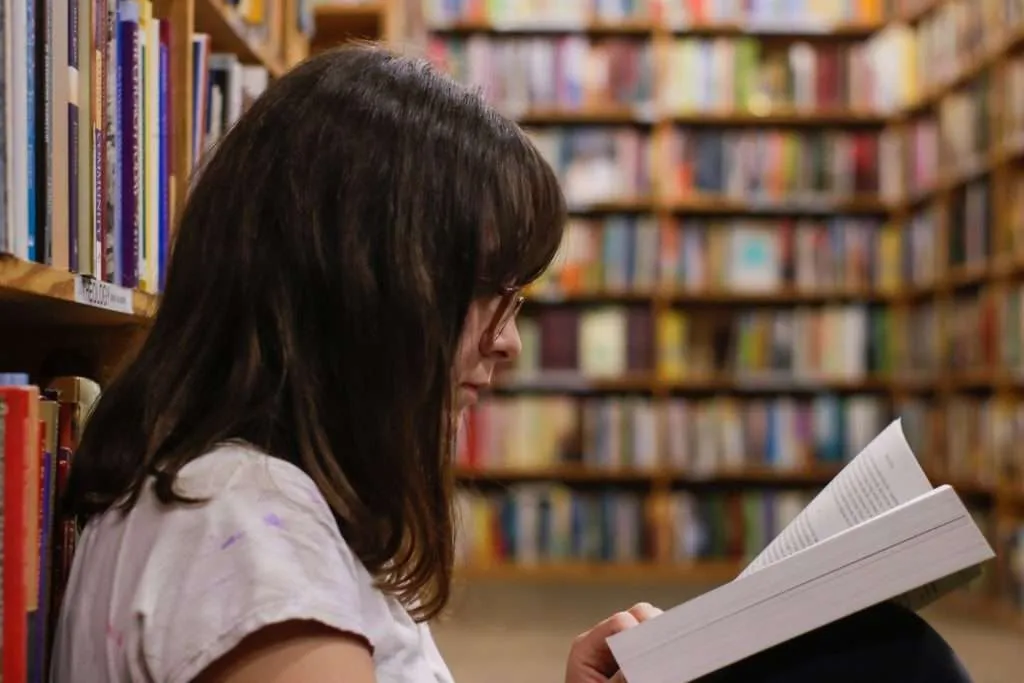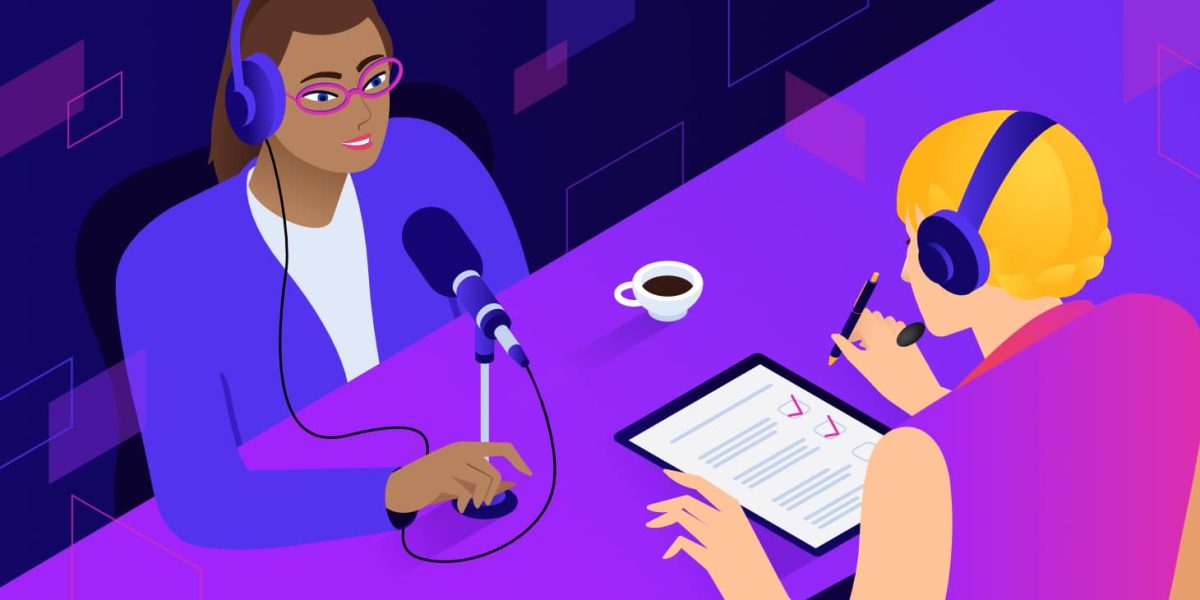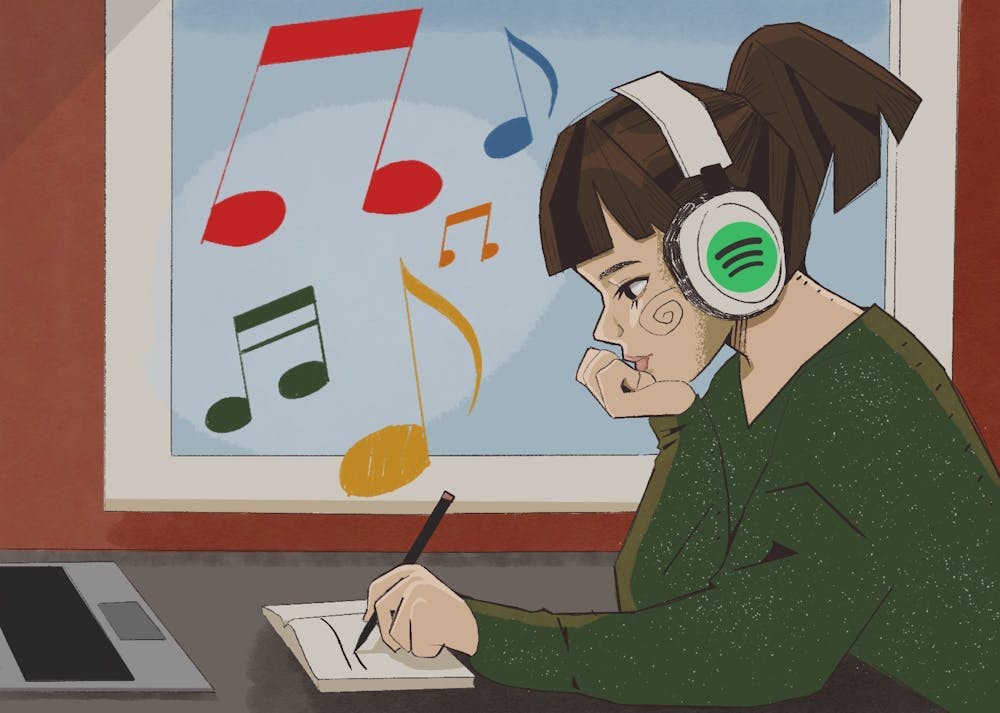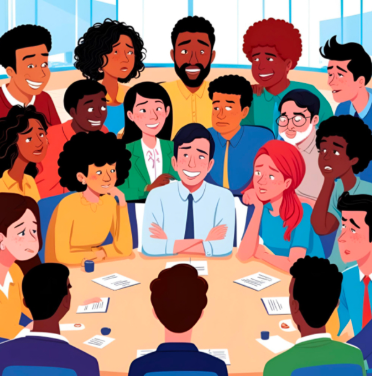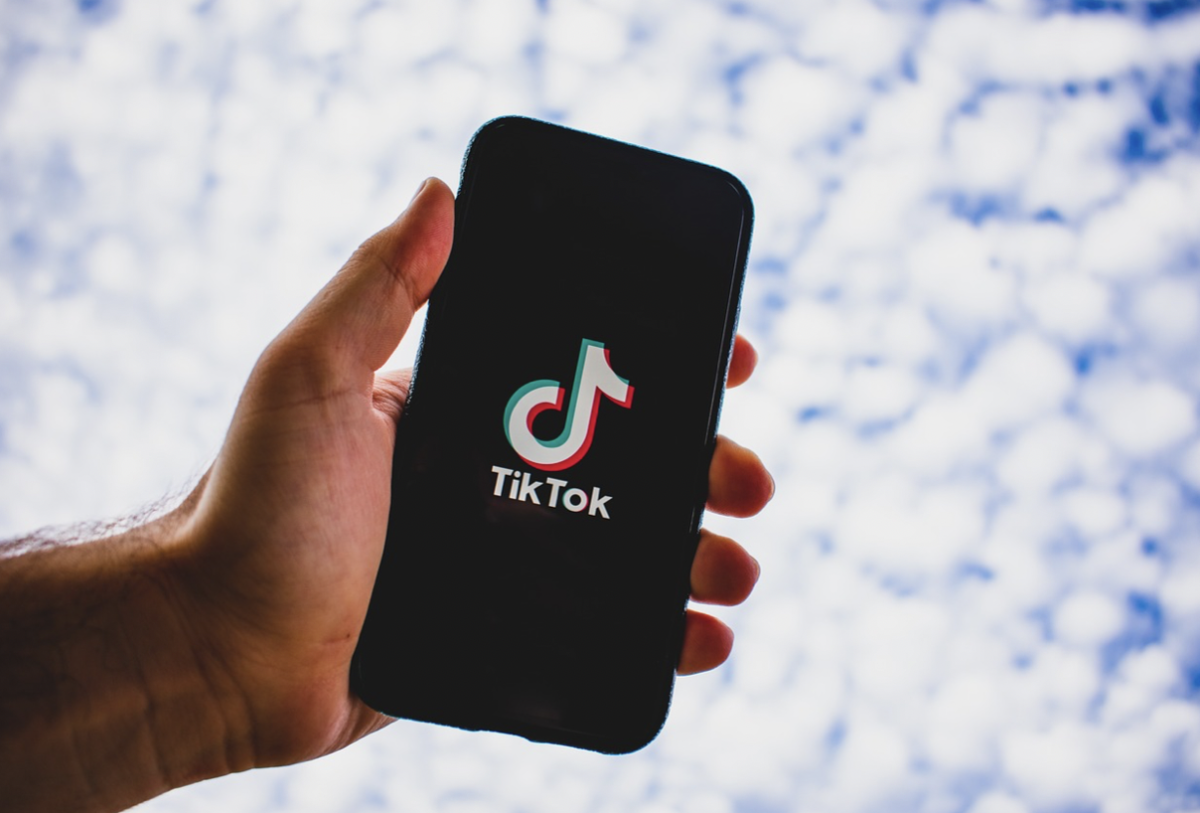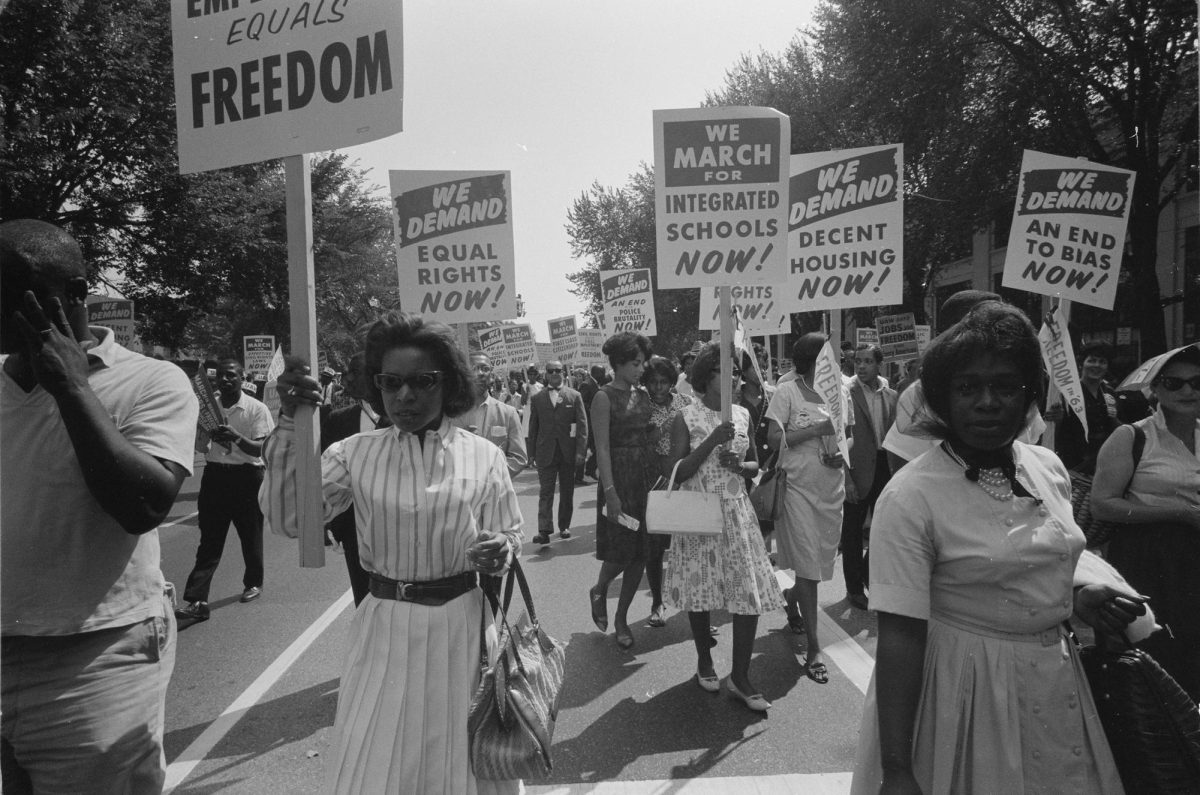You listen to the FM radio or SiriusXM in the car on the ride to school, switch to Spotify on your phone and airpods, then after instructional time you tune into Youtube Music on your chromebook. At lunch, you watch a movie on Netflix, then your teacher plays relaxing study music on Pandora to get the class to focus. But in a world filled with so many media options—why do some people turn to podcasts for education, entertainment, and motivation?
1. Variety of Topics
First, it is no surprise that modern Americans have really short attention spans. In fact, according to CNN, a study showed that modern people have an attention span of 47 seconds, a huge drop from the 2.5 minutes of 2004. Taking that into consideration, people require a wider variety of topics to keep them mentally engaged in whatever media they are consuming. As music becomes more on-demand with platforms like Spotify, podcasts on other platforms like Apple Podcasts become more and more mainstream. They tend to provide a wider range of new information: there’s only so many times you can listen to Taylor Swift’s The Tortured Poets Department Album before the songs all start to sound similar!
This also offers a possible answer to the question of why people interested in sports would get tired of watching long games through ESPN or on other cable networks. Why watch the whole game when you can get the latest news, commentary, and highlights on Catlin Clark or Shohei Ohtani in the car?
Mustang Brooklynn Calloway (12) says, “I don’t listen to podcasts that often, but when I do it’s usually true crime or NBA/WNBA podcasts. I like the wide range of podcasts available from all sorts of perspectives.”
Podcasts are just more variable, and if someone can talk about it, there is most likely a podcast about it.
2. Accessibility to Creators
Another common problem that people have with listening to music, is that their favorite artists tend to be more out of reach than podcast creators. If people want to submit questions, it will be much harder to get into contact with Cristiano Ronaldo or Selena Gomez (630 Million Followers and 427 Million Followers respectively) than with the Joe Rogan Experience (most listened to podcast in the United States on Spotify) and the Stuff You Should Know Podcast (3rd most listened to podcast in the United States on Apple Podcasts).
Lots of podcast personalities tend to be consuming and broadcasting new information constantly in almost real time. Therefore, it is the nature of the job for them to be in contact with their audience. Relating to their listeners is vital for a popular podcast to stay at the top of the charts and for smaller ones to gain traction.
Listeners depend on having their feedback heard, which means that podcasting is a very interactive industry.
3. Convenient to Multitask
Lastly, with so many responsibilities, people find it easier to grocery shop, do homework, go for a walk, and do many other things while listening to a podcast. Some people elect to listen to educational or school-related podcasts or videos while multitasking, not just traditional podcasts.
Overall, it seems like podcasts are a great alternative to other forms of social media and entertainment, as well as a great way to learn how to be open-minded and absorb more information.





















